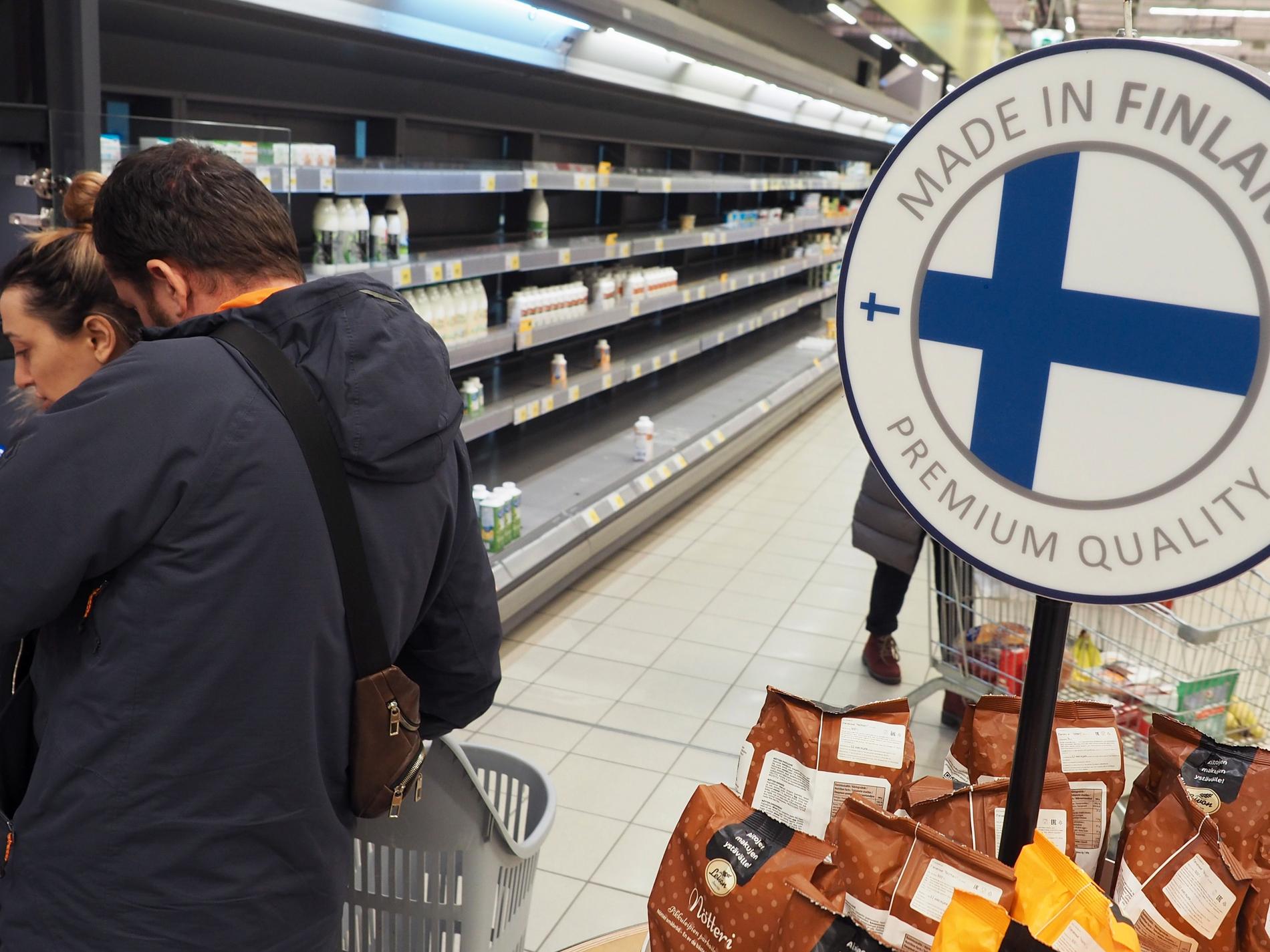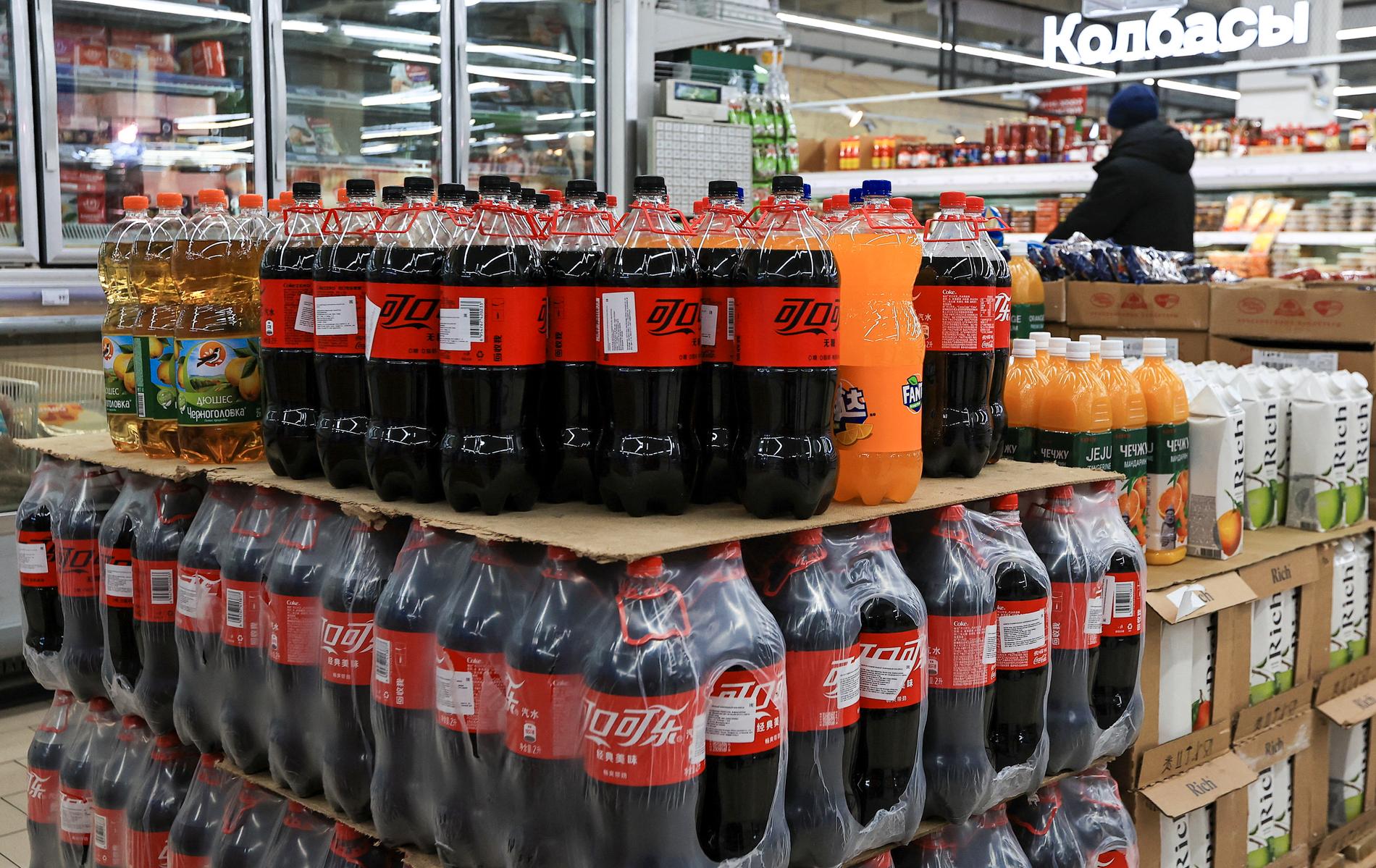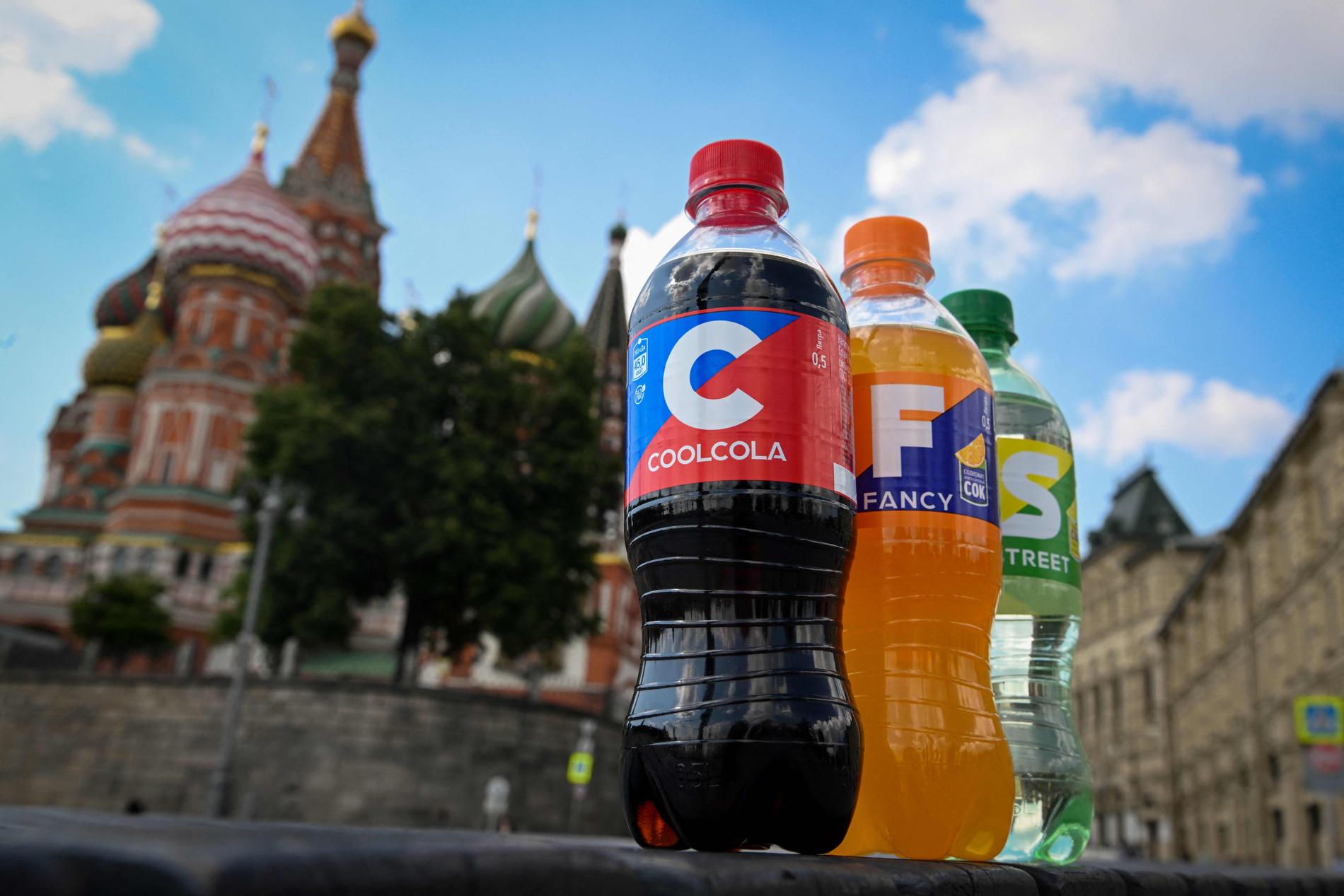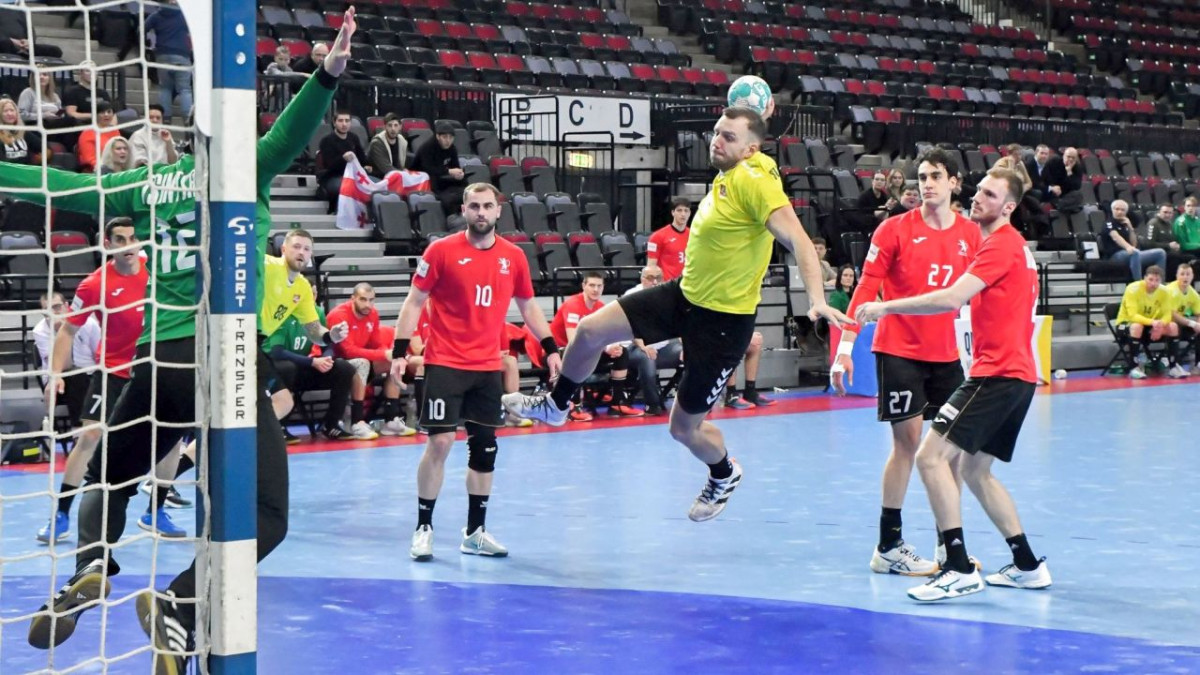Russia’s economy has not collapsed, even after a year of harsh sanctions from the West. But what is it really like for the regular Russian?
Western countries introduced severe sanctions at about the same time as the war was underway in Ukraine.
Already in the weeks before the war started, US President Joe Biden warned Russia of “economic consequences unlike anything else seen”.
The ruble fell, tremors went through the banking system and companies around the world stopped exporting important goods to Russia. A year later, it turns out that Russia has been more adaptable than first expected.

also read
This is how Russia makes it difficult for companies to leave the country
Foreign companies are threatened and pressured when they want to leave Russia, say consultants for the largest Finnish companies…
According to the Washington Post, it is thanks to oil and gas exports, smart maneuvering by the Russian central bank and increased trade with China and other countries that, among other things, has led to important technology being “sneaked in” through the back door.
– The sanctions are not a hammer, they are a screw that needs to be tightened, points out E24’s society editor Torbjørn Røe Isaksen.

He says the pressure on the Russian economy is constantly increasing and points to the car industry as an example where you can’t get hold of parts.
Russia expert at Aarhus University, Mette Skak, says it is the “import-dependent” middle class that is affected by changes – such as, for example, in the car industry.
– They are the ones who dream of buying a new car, because car sales in Russia have come to a complete standstill. Therefore, used cars have become much more expensive, she says.
Luxury goods readily available
So there are big regional differences, people in the countryside and in the poor regions of Russia don’t really notice the sanctions, believes Skak.
– It is people from here (for example, Siberia, Dagestan, Bashkortostan) who are mobilized, and for them there is a certain financial benefit to being sent to the front in Ukraine.
The vast majority of Western companies marched out of Russia shortly after the war started, McDonald’s was replaced by a local variant. The middle class in the cities, which Putin is probably most afraid of taking to the streets, apparently lives on as before.

They can buy “luxury goods” such as iPhones as they did before. According to The Telegraph, they are imported via third countries such as Armenia and Kazakhstan, and it is not particularly more expensive than before when Russia has low customs duties and taxes from these countries.
– It is not least Chinese consumer goods that flow into Russia in this way. The countries you mention, including Turkey, have chosen not to comply with the sanctions regime. It is difficult to stop them in any other way than condemnations, says Skak.

Russia is thus parallel importing goods, and they are completely open about it. Game consoles from PlayStation and dresses from Zara arrive in Russia without necessarily having been approved by those who produce the goods. In May last year, Russia published a list of products that are legal to import in this way, the list includes both warships – and clothes, shoes, cosmetics, printers German wave.
Skak believes that both Great Britain, the United States and probably also the EU are very interested in making the sanctions regime more watertight.
– Although it will never be 100 per cent closed, you can slowly achieve a greater effect by putting pressure on businesses and countries that sneak away.
Vulnerability
Røe Isaksen points out Russia’s vulnerability to lower prices for oil and gas as factors that can affect the economy of ordinary people.
– This is Putin’s drug, but he is vulnerable. It will take a long time before Russia has the same capacity to export to, for example, China as it had to Europe, he says.
So what are the economic consequences for ordinary people before Russians take to the streets to protest Putin and the war.
The million dollar question itself, says Skak.
– Putin has worked purposefully to make the Russian population completely politically apathetic, which he has succeeded in according to observers such as sociologist Grigory Yudin and journalist Andrei Kolesnikov. The Russian population finds themselves in almost everything, even that their sons, brothers, fathers and friends are used as cannon fodder at the front, which actually happens.
But, there is a big but, says Skak, which in the longer term may lead to movements:
– The cocktail of further economic impoverishment (because Putin is prioritizing weapons production from now on) and endless, senseless killings in Ukraine MAY be too much and trigger an unstoppable rage. Putin insists that he has time on his side, but that is by no means certain.
Røe Isaksen concludes with an image to show how the sanctions can work – in the long term:
– The sanctions are not like a cut, but more like being weakened by a thousand small paper cuts.


